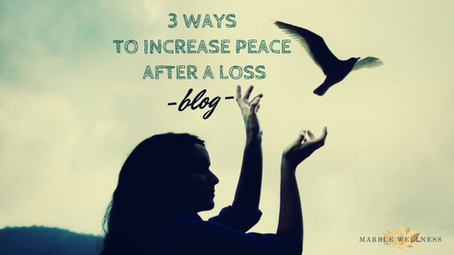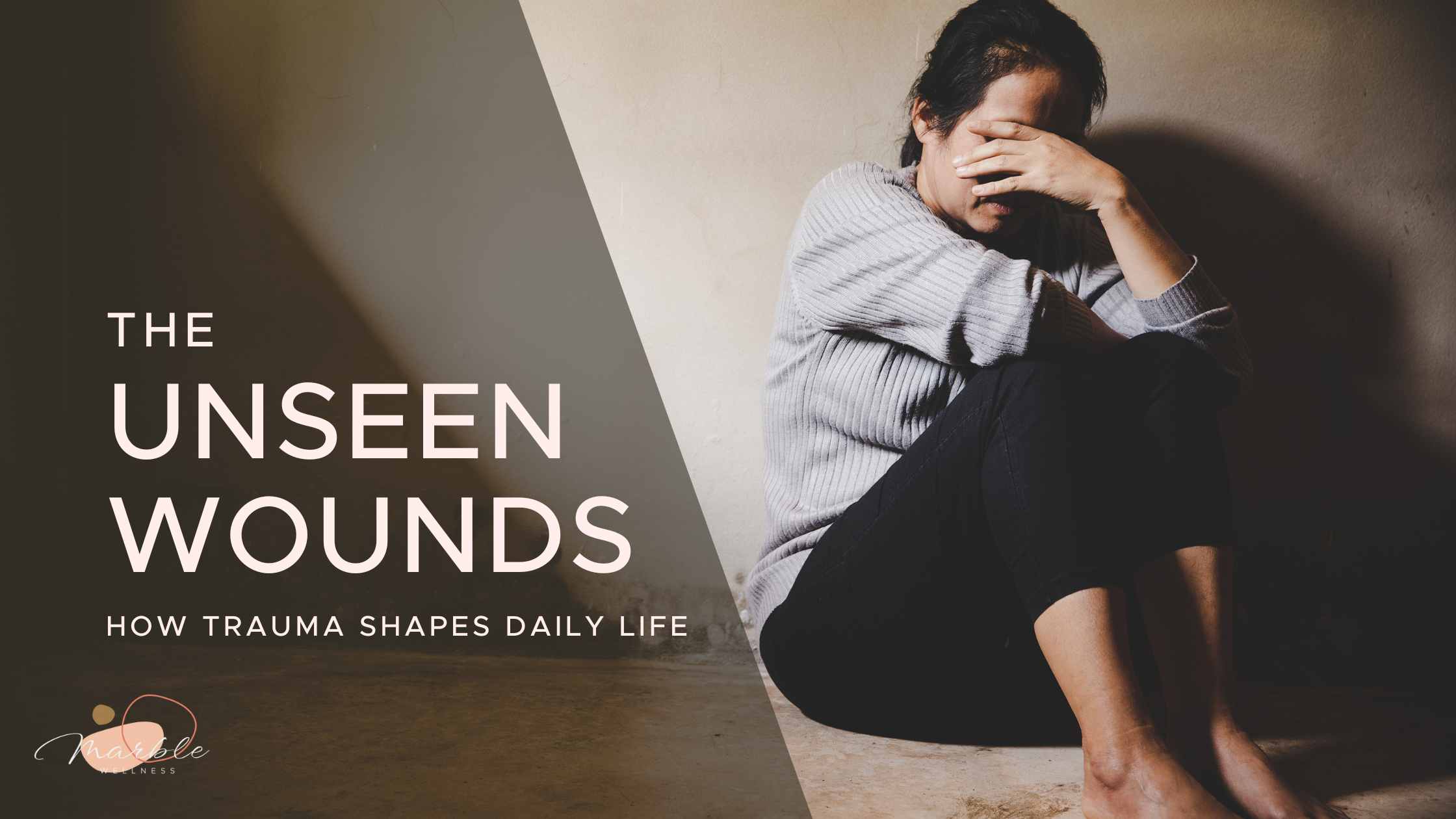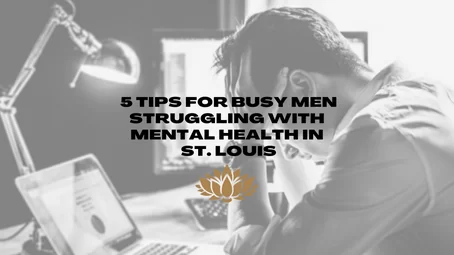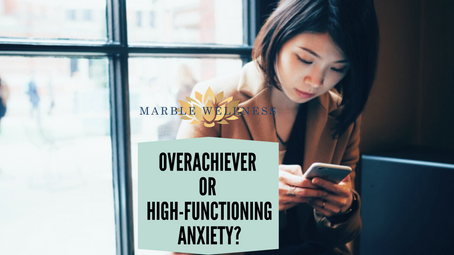
The death of a person in your life—ranging from acquaintance to loved one—can bring so much turmoil to your daily functioning. It can feel like a cruel joke to not only have to relearn life without that person, but have to fight the internal chaos of unwelcome emotions in the aftermath also.
People probably offer you daily advice on how to get through that time. Some of it might be helpful. Some of it might be obvious. Some of it may actually make you think “WTF?!”
And that’s one of the really hard things about grief—-that while it is an absolutely universal reality for everyone at some time in their life, it can also be almost grotesquely unique. So personalized and tailored to you, your life, your relationship with the person who died, that you have to cobble together all on your own how to get through the initial intensity of loss to the other side. The side where the loss still exists but you rest a little easier in your grief.
A lot of advice is centered around continued self-care (important!), how to manage the grief (of course), getting grief therapy (we agree), but all of that is a little different than the intentional pursuit of creating peace. Which is a worthwhile goal because: you need a break….a reprieve…from your grief. Sometimes. Sometimes you hold onto it to feel close to your loved one. That’s ok. But for those moments when you think (or maybe even shout out loud!) “OMG, can I just feel a little rest?!”
Here are 3 tips from a St. Louis, MO Therapist that may help increase peace after a loss.
1. Remove or reevaluate expectations for “where I should be” or “what I should do” following a loss.
Grief is individual. There’s no following someone else’s example. There’s no download from Pinterest. It’s going to be what it’s going to be, especially at the beginning. By removing an idea of “should” (btw: we have a blog posts on the “shoulds” and while it’s not grief specific, it might be helpful), you can relieve the pressure valve a little. You can decelerate. Breathe out (did you realize you were holding your breath?). Relax….just a little.
And about those expectations? Some people have energy to decorate the whole house for holidays, while others simply have the energy to put on a Christmas sweater. It’s all okay. You can honor someone simply by speaking their name – new foundations, scholarships, or memorial gardens don’t need to be developed to show you care.
2. You don’t have to tolerate the negative or unhelpful.
If someone says a death “happened for a reason” but you can’t find a good reason why your husband had to die, that’s fine. Tell them. You don’t have to listen to it. If someone is bringing casseroles but your freezer is full, suggest another way they could be helpful.
(Extra note here: you know how you’re looking for some control after a loss? Here’s a place to get it. Honest communication. Telling people straight out what you need help with—in word or in deed.)

3. Work to create something new in your life.
That could be something born out of the legacy, memory, or relationship you had with the person who died. But it doesn’t have to be; it can be completely unassociated. Potentially something new in your routine. Maybe a new hobby or skill. (I often like to suggest walking through Michael’s or any other craft store and seeing what catches your eye. Or maybe a sporting goods store where inspiration about a new sport strikes your fancy.) Going about something new—and the pursuit of building that new thing your life—allows you to work with the grain that is “because this person died, things are different.” Also, some new research shows that it’s nearly impossible for the brain to learn something new while also grieving simultaneously. Thus, learning or doing new things can give your brain a break from the heaviness of grief. #brainhack
Feelings of peace, of calm, of contentment or happiness….all may seem quite out of reach in the aftermath of a loss. And sometimes, those feelings may be. But not always and not forever. We hope these insights can carve out some moments of peace for you.

If you feel you would like, or even need, additional support in managing your grief—whether about a recent loss or something that was longer ago—we can be that support for you. Read about our grief counseling services and check out our grief specialist’s page. If you have questions or want to chat with us further, feel free to reach out any time!
Talk to you soon!
Start Therapy for Mental Health in St. Louis
If you live in St. Louis and are ready to improve your mental health, we are here to help.
Contact Us!

Additional Counseling Services at Marble Wellness in St. Louis, MO and Chicago, IL
Counseling services designed to help set you on a path of living a more fulfilled, calm, and happy life.
St. Louis
Our St. Louis team of therapists have a variety of training backgrounds and areas of expertise. We specialize in anxiety, depression, grief, chronic illness, therapy for men, couples, and maternal overwhelm. We can also help new moms with various postpartum concerns, moms in the thick of parenting, and moms with teens. We can also chat from wherever you are in the state with online therapy in Missouri and online therapy in Illinois. No matter where you are in your journey, we would love to support you.
Chicago
Our Chicago team of therapists offer a wide range of mental health services to help our clients through the different challenges and hurdles in their life. In addition to anxiety, depression, grief, therapy for men, and maternal overwhelm, we are specialized in professional burnout, therapy for breakups, and love partnering with working moms.



